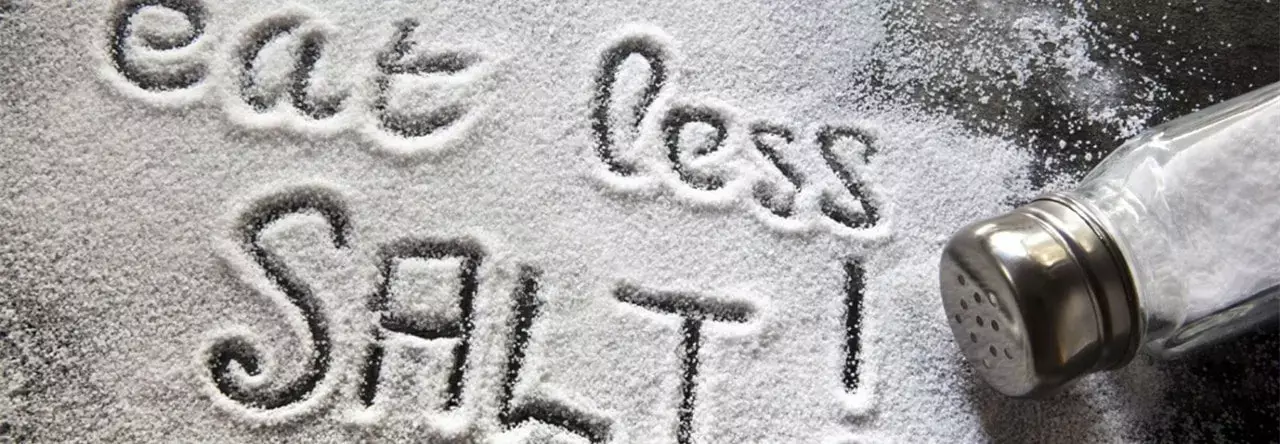- Home
- Medical news & Guidelines
- Anesthesiology
- Cardiology and CTVS
- Critical Care
- Dentistry
- Dermatology
- Diabetes and Endocrinology
- ENT
- Gastroenterology
- Medicine
- Nephrology
- Neurology
- Obstretics-Gynaecology
- Oncology
- Ophthalmology
- Orthopaedics
- Pediatrics-Neonatology
- Psychiatry
- Pulmonology
- Radiology
- Surgery
- Urology
- Laboratory Medicine
- Diet
- Nursing
- Paramedical
- Physiotherapy
- Health news
- Fact Check
- Bone Health Fact Check
- Brain Health Fact Check
- Cancer Related Fact Check
- Child Care Fact Check
- Dental and oral health fact check
- Diabetes and metabolic health fact check
- Diet and Nutrition Fact Check
- Eye and ENT Care Fact Check
- Fitness fact check
- Gut health fact check
- Heart health fact check
- Kidney health fact check
- Medical education fact check
- Men's health fact check
- Respiratory fact check
- Skin and hair care fact check
- Vaccine and Immunization fact check
- Women's health fact check
- AYUSH
- State News
- Andaman and Nicobar Islands
- Andhra Pradesh
- Arunachal Pradesh
- Assam
- Bihar
- Chandigarh
- Chattisgarh
- Dadra and Nagar Haveli
- Daman and Diu
- Delhi
- Goa
- Gujarat
- Haryana
- Himachal Pradesh
- Jammu & Kashmir
- Jharkhand
- Karnataka
- Kerala
- Ladakh
- Lakshadweep
- Madhya Pradesh
- Maharashtra
- Manipur
- Meghalaya
- Mizoram
- Nagaland
- Odisha
- Puducherry
- Punjab
- Rajasthan
- Sikkim
- Tamil Nadu
- Telangana
- Tripura
- Uttar Pradesh
- Uttrakhand
- West Bengal
- Medical Education
- Industry
Lower your sodium intake for better BP, suggests study

Italy: Reducing dietary sodium consumption by any amount can lower blood pressure over the long term and is beneficial for everyone including those with normal blood pressure, suggests a recent research. The results from the new meta-analysis, published in the journal Circulation, were confined to experimental studies.
This dose-response analysis of sodium reduction in clinical trials found an approximately liner relationship between sodium intake and reduction in both diastolic and systolic BP across the entire range of dietary sodium exposure. The effect of sodium reduction, although independent of the baseline BP, was more pronounced in people with a higher BP.
Clinical trials and non-experimental human studies have indicated a direct relationship between dietary sodium intake and blood pressure. However, due to the lack of random-effects dose-response statistical models than can include 2-arm comparisons, the exact shape of dose-response relationship has been difficult to assess in clinical trials.
Considering this, Marco Vinceti, University of Modena and Reggio Emilia, Modena, Italy, and colleagues, performed a comprehensive literature search for experimental studies that investigated the BP effects of changes in dietary sodium intake. Following which, they conducted a dose-response meta-analysis using the new 1-stage cubic spline mixed-effects model. The study included trials with at least 4-weeks of follow-up; 24 h urinary sodium excretion measurements; sodium manipulation through dietary change or supplementation, or both; and measurement of systolic and diastolic BP at the beginning and end of the treatment.
The researchers included a total of 85 trials with sodium intake ranging from 0.4 to 7.6 g/d and follow-up from 4 weeks to 6 months. The trials were performed in people with hypertension (n=65), without hypertension (n=11), or a combination (n=9).
Key findings of the study include:
- The pooled data were compatible with an approximately linear relationship between achieved sodium intake and mean systolic as well as diastolic BP, with no indication of flattening of the curve at either the lowest or highest levels of sodium exposure.
- Results were similar for participants with or without hypertension but the former group showed a steeper decrease in BP after sodium reduction.
- Intervention duration (>12 weeks versus 4 to 11 weeks), type of study design, use of antihypertensive medication, and participants' sex had little influence on the BP effects of sodium reduction.
- Additional analyses based on the BP effect of difference in sodium exposure between study arms at the end of the trial confirmed the results on the basis of achieved sodium intake.
The findings suggest people who reduce their sodium intake through eating a healthier diet could see significant impacts on cardiovascular health. Among the studies analyzed, those based on a modification of diet showed a bigger effect than those that used other interventions.
The study titled, "Blood Pressure Effects of Sodium Reduction: Dose-Response Meta-Analysis of Experimental Studies," is published in the journal Circulation.
DOI: https://www.ahajournals.org/doi/10.1161/CIRCULATIONAHA.120.050371
Dr Kamal Kant Kohli-MBBS, DTCD- a chest specialist with more than 30 years of practice and a flair for writing clinical articles, Dr Kamal Kant Kohli joined Medical Dialogues as a Chief Editor of Medical News. Besides writing articles, as an editor, he proofreads and verifies all the medical content published on Medical Dialogues including those coming from journals, studies,medical conferences,guidelines etc. Email: drkohli@medicaldialogues.in. Contact no. 011-43720751


